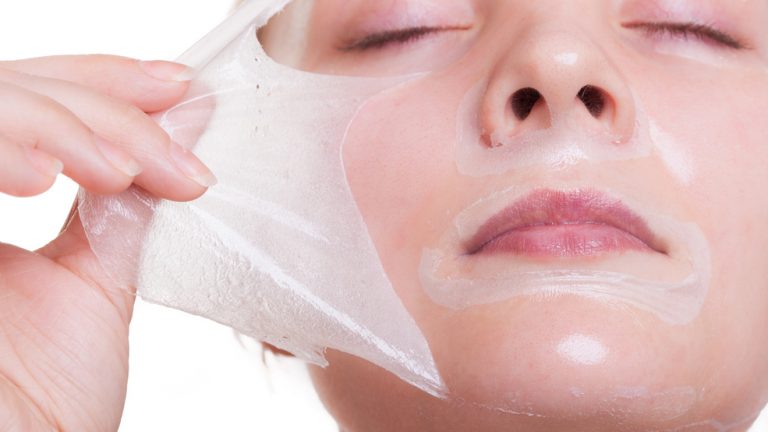Autumn is not only characterised by its bright and luminous colours, but also by the arrival of cold and fog. The most demanding season is approaching as regards the needs of the skin of the face and hands. The changes in temperature between the freezing wind outside and heating inside the clubs and shops continually stress your skin, as if it were sudden “climatic changes”. Because of this, the skin becomes irritated, red and often dry and cracked.
Today we give you some useful tips on how to take care of your skin during the cold season without too much effort!
Hydration boost!
Why does skin always get so dry in cold weather? The colder the air, the more skin hydration decreases. It is therefore necessary, especially in these moments, to pay more attention when taking care of your skin. Here are some suggestions:
- regularly use a moisturising face mask or nourishing face serum
- adapt the products you use to the condition of your skin: for example, very dry skin needs a very rich moisturiser to avoid products with high water content, as these are more suitable for the warm months
- Dab instead of scrubbing
After showering and after washing your face, pat your skin dry by gently patting it with a soft, clean towel. To dry the face we recommend using a microfibre cloth.
Cleansing yes, but delicate
Aggressive cleansers can irritate dry and sensitive skin even more and the consequences can be redness, burning and tension. When the cold weakens the skin barrier, it is advisable to use a body lotion or a delicate cleansing face cream and, above all, avoid tonics with alcohol or overly aggressive peeling.
Warm water is good for the skin
In the fall and winter, hot baths and long hot showers are downright tempting, but the water that is too hot can hurt your skin. The skin’s natural protective fat layer is irritated. Instead, you can try washing with lukewarm water and using gentle shower gels suitable for sensitive skin.
Dry heating air
Face the cold-heat changes caused by the temperature differences between the inside and outside in the best possible way! You can, for example, put wet towels on stoves, or use special dehumidifiers that prevent the feeling of dry and stuffy air.




